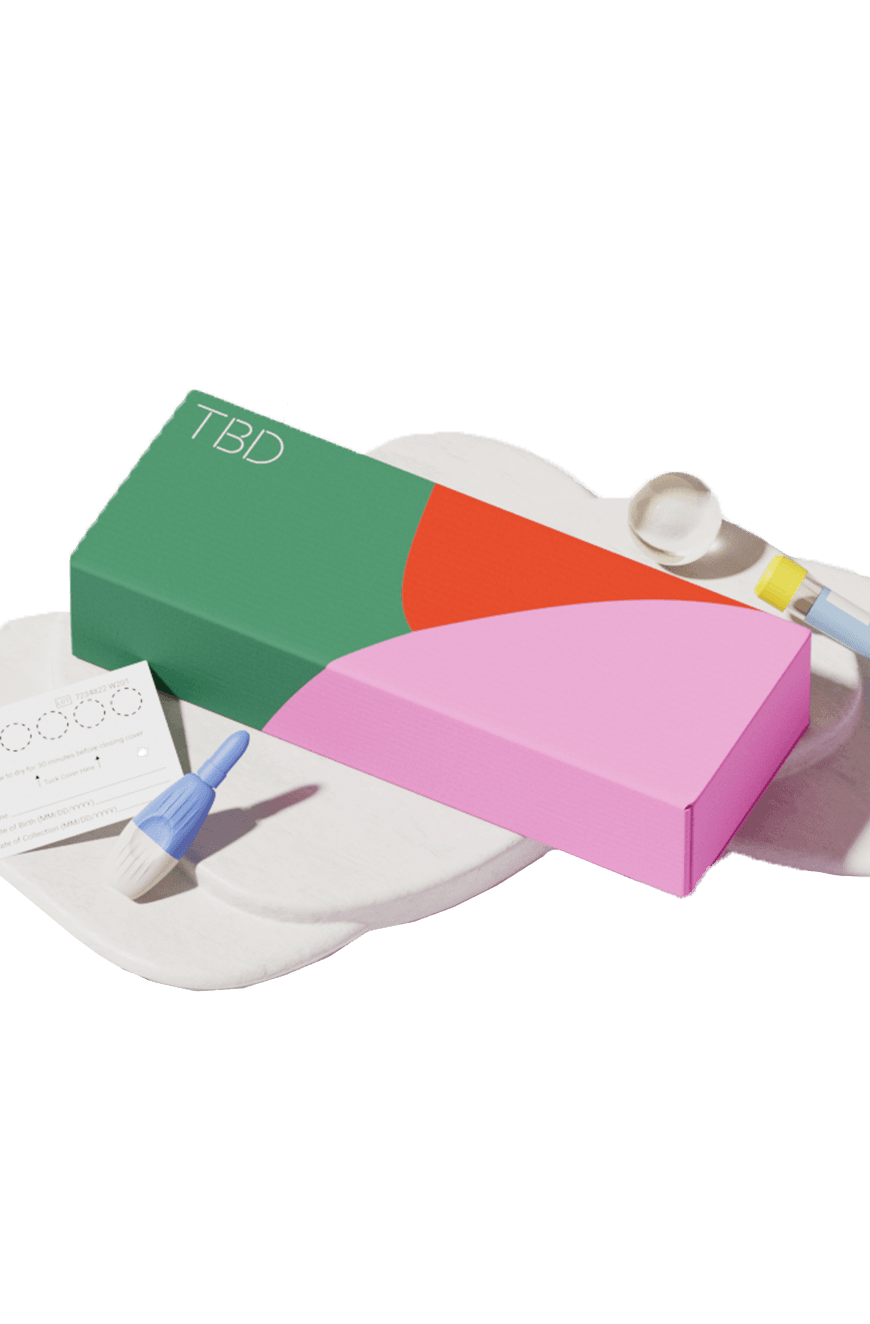| TBD Panels | 3-Panel STD Test | 9-Panel STD Test | 5-Panel STD Test | 3 Site: Oral, Rectal, Genital |
|---|---|---|---|---|
| Chlamydia |  |  |  |  |
| Gonorrhea |  |  |  |  |
| Trichomoniasis |  |  |  | |
| HIV (Ag/Ab) |  |  | ||
| Syphilis |  |  | ||
| Hepatitis B & C |  | |||
| HSV I |  | |||
| HSV II |  |

- 8 E Charleston Blvd
- Las Vegas, NV 89104
- Tues and Fri
- 10 AM – 2PM
- Contact us:
- +1 (702) 909-0554
- hello@tbd.health

| TBD Panels | 3-Panel STD Test | 9-Panel STD Test | 5-Panel STD Test | 3 Site: Oral, Rectal, Genital |
|---|---|---|---|---|
| Chlamydia |  |  |  |  |
| Gonorrhea |  |  |  |  |
| Trichomoniasis |  |  |  | |
| HIV (Ag/Ab) |  |  | ||
| Syphilis |  |  | ||
| Hepatitis B & C |  | |||
| HSV I |  | |||
| HSV II |  |

As Syphilis cases rise, it becomes imperative to foster open conversations surrounding prevention, symptoms, and treatments. By breaking down the barriers of silence and embracing candid discussions, we empower individuals to prioritize their sexual health. Understanding the signs, implementing preventive measures, and seeking timely treatment are crucial steps in slowing the spread of Syphilis.
Types of Syphilis:
Syphilis can be classified into several stages, each with its own set of symptoms and implications. The primary stage is characterized by the appearance of a painless sore or ulcer, known as a chancre, on the genitals, mouth, or rectum. If left untreated, the infection progresses to the secondary stage, marked by a rash on the palms of the hands and the soles of the feet. The rash may also spread to other parts of the body, accompanied by flu-like symptoms such as fever, fatigue, and sore throat. Tertiary syphilis, the most severe stage, can result in serious complications affecting the heart, brain, and other organs.
Symptoms of Syphilis:
While the symptoms of syphilis may vary depending on the stage of infection, it is essential to note that they can be easily mistaken for other conditions. Therefore, consulting with a healthcare professional is usually needed for an accurate diagnosis. The early symptoms of syphilis may include sores, rashes, swollen lymph nodes, and flu-like symptoms. In later stages, the infection can cause damage to various organs, leading to neurological disorders, cardiovascular problems, and even death.
Prevention:
Preventing syphilis primarily involves practicing safe sex and maintaining good sexual health. Here are a few preventive measures you can take:
Use condoms: Consistently using latex or polyurethane condoms can significantly reduce the risk of syphilis transmission.
Get tested: Regularly getting tested for syphilis and other STIs is crucial, especially if you are sexually active. Early detection allows for timely treatment and reduces the risk of complications.
Talking about STI testing status with partners before engaging in sexual activity
Importance of Early Detection and Treatment:
Early detection and treatment of syphilis are vital to prevent the spread of the infection and to avoid complications. Testing for syphilis is relatively simple and involves a blood test If diagnosed with syphilis, your healthcare provider will prescribe antibiotics to treat the infection.
Let's create a culture where knowledge is shared openly, fostering a community that prioritizes sexual health without judgment. Together, through awareness and education, we can work towards a future where the rise in Syphilis cases is curbed, and individuals are equipped with the information needed to make informed choices about their well-being.
Email us and a team member will get back to you within 24 hours. We’re also available via call or text at +1 (702) 909-0554
Sign up below to get 10% off
By providing my email address, I agree to receive email with marketing communications from TBD Health including news, promotions and exclusive offers. I understand that I can opt out at any time by using unsubscribe links. Visit our Terms of Service or Privacy Policy for more information.






